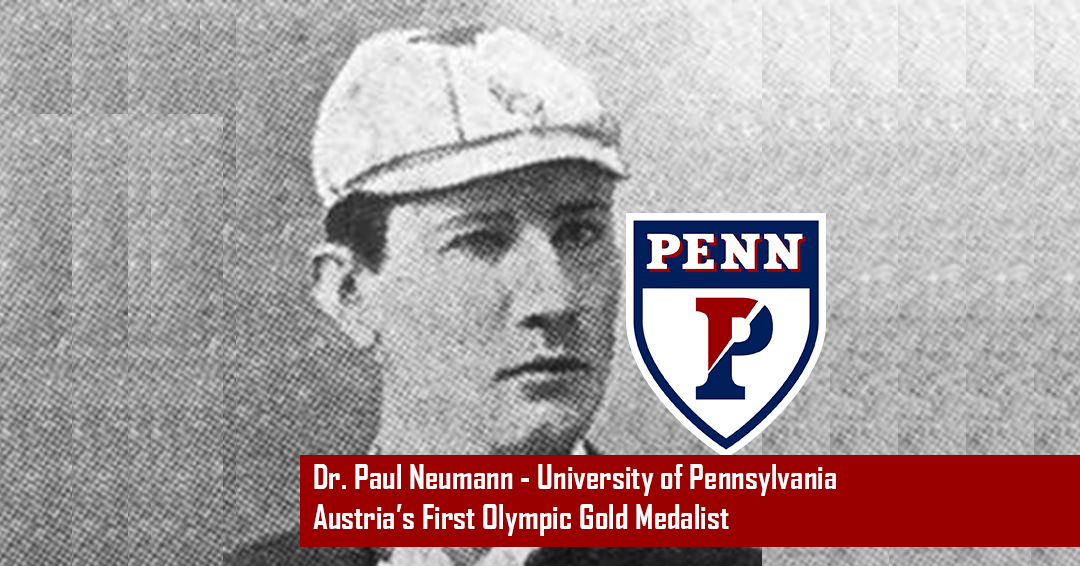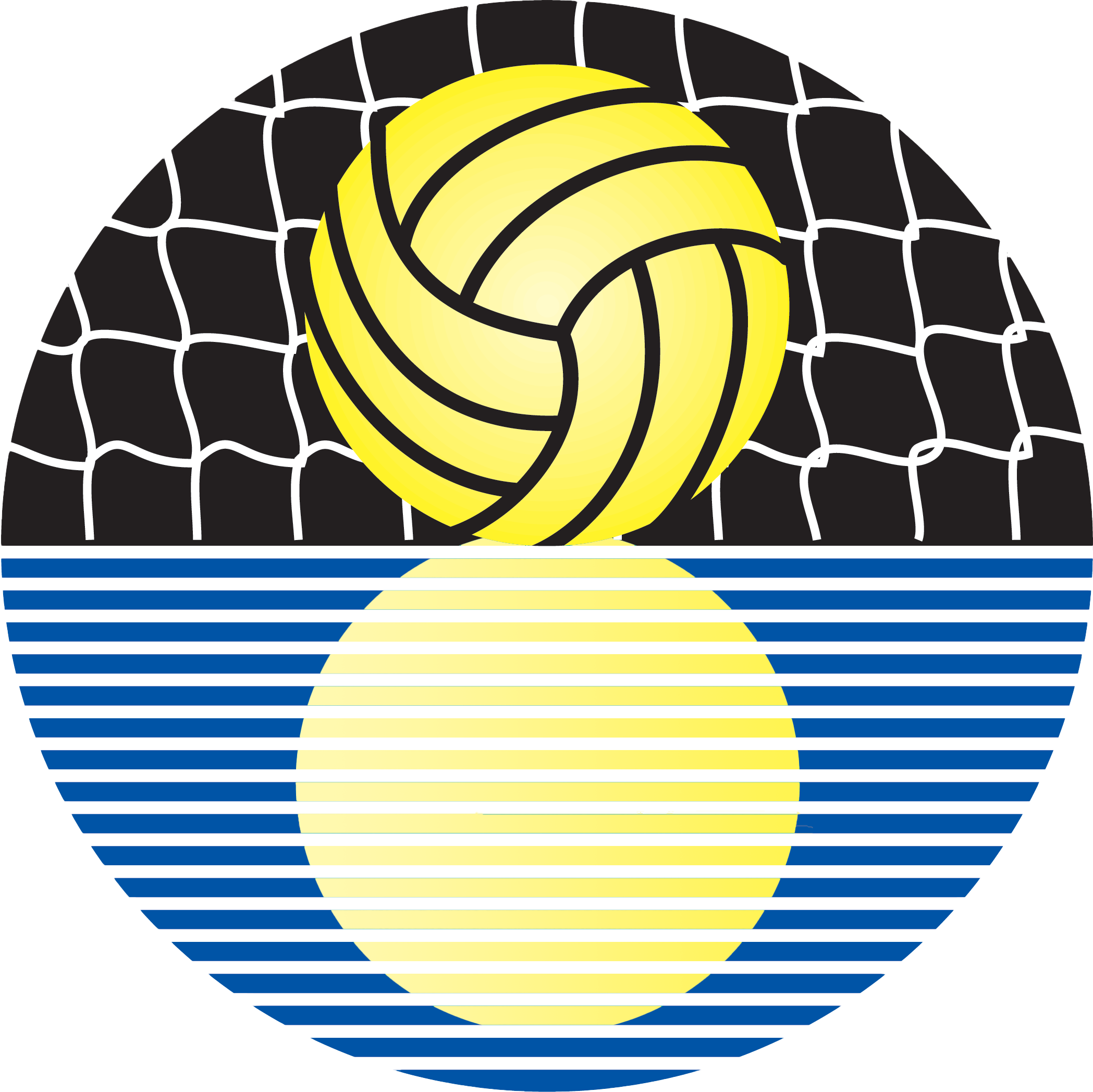BRIDGEPORT, Pa. — Many people believe the history of collegiate water polo goes back to the final half of the 20th Century. However, the history of the game – especially at colleges/universities in the United States dates back into the 19th century.
Due to the length of the game’s history, several notable athletes have been forgotten in the mists of time. One such example is Austrian Olympic gold medalist and University of Pennsylvania water polo player Paul Neumann.
Born on June 13, 1875 in Vienna and son of a world renowned physician, Neumann was an Austrian swimmer, water polo player and physician who became the first Austrian gold medalist in any event at the 1896 Olympics in Athens, Greece.
Neumann was first noticed for his swimming when in 1892 he won the Austrian National River Championship before taking the 500 meters two years later at the Austrian Championships. In 1896, he traveled to Athens for the Olympic Games.
However, all three swimming events were on the same day – a schedule changed by the next Olympics. Further, all three events occurred in the Mediterranean Sea. All the athletes faced the same conditions in the events – extremely cold weather (the water temperature was about 55 °F (13 °C), or 13 degrees Celsius) with 12-foot waves crashing down on them during their swims.
Due to Alfréd Hajós from Hungary withdrawing from the 500 meter freestyle because he needed time to recover after winning the 100 meters to become the first modern swimming champion, there were only three competitors for the 500 meters. Neumann captured the event in a time of 8:12.6 – nearly two minutes faster than the Silver Medalist. Neumann also entered the 1200 meter freestyle – which was straight after his victory – but did not complete the race due to exhaustion.
Thanks to missing the 500 meters, Hajós won the 1200 meters after smearing his body with a half-inch thick layer of grease to provide some protection against the cold. He confessed after winning the race that, “My will to live completely overcame my desire to win.”
Following his success at the Athens Olympics, Neumann emigrated to the United States to enroll as a student at the German Medical College in Chicago. In 1897, he transferred to the University of Pennsylvania to play water polo and complete his medical training. He eventually became a physician and also held a doctorate degree in philosophy.
While at Penn – and competing under the name Dr. Paul Newman – Neumann set the world record in the two, three, four, and five-mile swimming events in 1897 competing for the Chicago Athletic Association. That same year, he won the American and Canadian National Freestyle Swimming Championships. In 1898, he was the Canadian National champion in the 880 yard freestyle.
The founder of the Austrian organization for school doctors, he won won three United States National American Athletic Union (AAU) titles in the 400 meter freestyle, 880 yard freestyle and one-mile events. He died on February 9, 1932 in Vienna.
In 1984, he was inducted into the International Jewish Sports Hall of Fame prior to being inducted as a pioneer in the International Swimming Hall of Fame in 1986.




